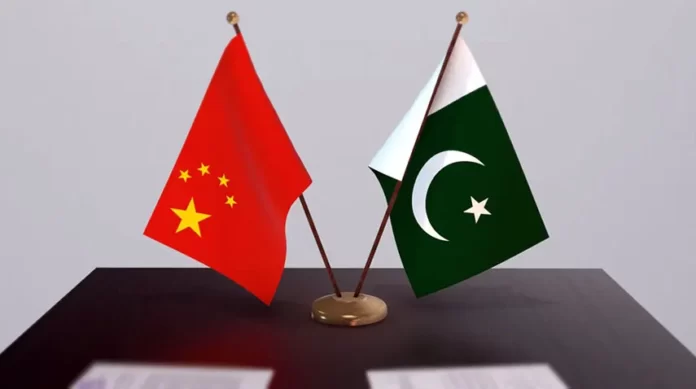ISLAMABAD: In a significant step toward boosting Pakistan’s national capacity in genomic research, the Ministry of National Health Services has launched a strategic roadmap to establish collaboration with China’s BGI Group — one of the world’s leading genomics institutions.
The initiative, formally introduced during a high-level meeting chaired by Minister of State for Health Dr. Mukhtar Bharath and attended by the Executive Director of the National Institutes of Health (NIH), aims to strengthen Pakistan’s capabilities in genetic testing, early disease detection, and rare disease diagnostics.
The proposed partnership with BGI Group, according to a press release, is expected to open new scientific frontiers for Pakistan in precision medicine and biomedical innovation. Dr. Bharath called the initiative a “new era in early disease diagnosis and prevention” and stressed the importance of modernizing Pakistan’s genetic research framework through targeted international cooperation.
A key component of the plan is the establishment of a national gene bank to benefit future generations, reflecting the country’s long-term commitment to advancing its biomedical infrastructure.
To develop a clear collaboration strategy, Dr. Bharath tasked the NIH with taking the lead. A technical team comprising two to three genetic health experts will be constituted to draft a comprehensive roadmap outlining Pakistan’s research priorities and how best to leverage BGI’s expertise.
As part of the preparatory phase, a Pakistani delegation is expected to visit BGI’s research facilities in China. The visit will focus on BGI’s work in thalassemia, reproductive health, oncology, and rare genetic diseases — areas identified as strategic priorities for Pakistan’s health sector.
Dr. Bharath also welcomed BGI’s invitation for the visit, viewing it as an important knowledge-sharing opportunity. Following the technical consultations and field visits, the government intends to formalize the partnership through a Memorandum of Understanding (MoU).
Terming the collaboration a “transformative leap” for Pakistan’s biological sciences, Dr. Bharath expressed confidence that this alliance would serve as a foundation for future advancements in personalized medicine, genetic epidemiology, and disease prevention.




